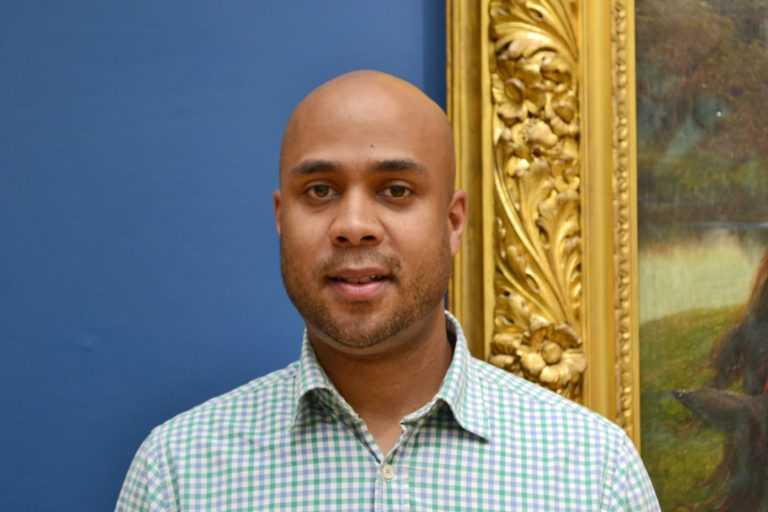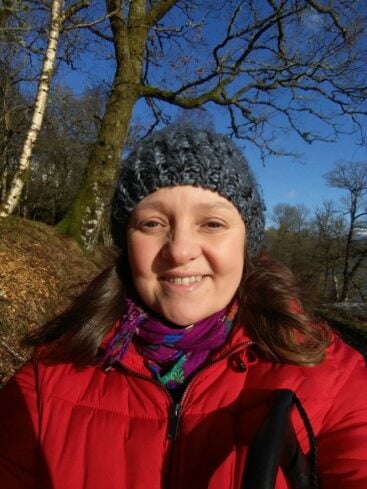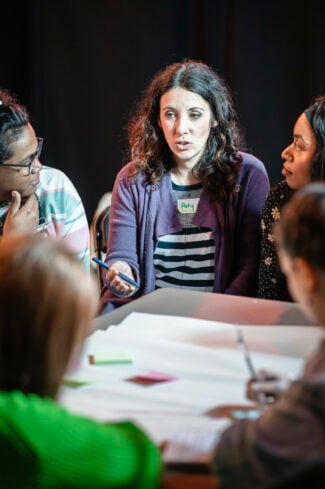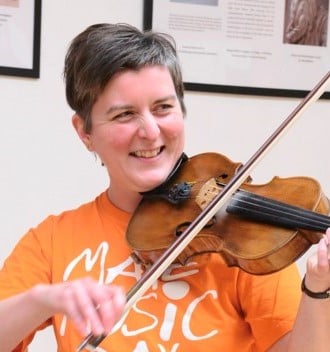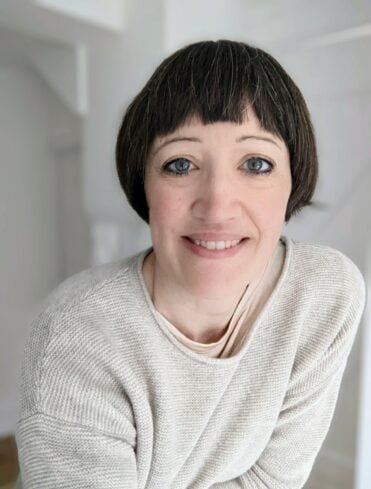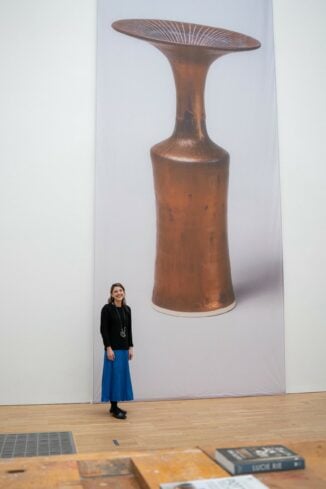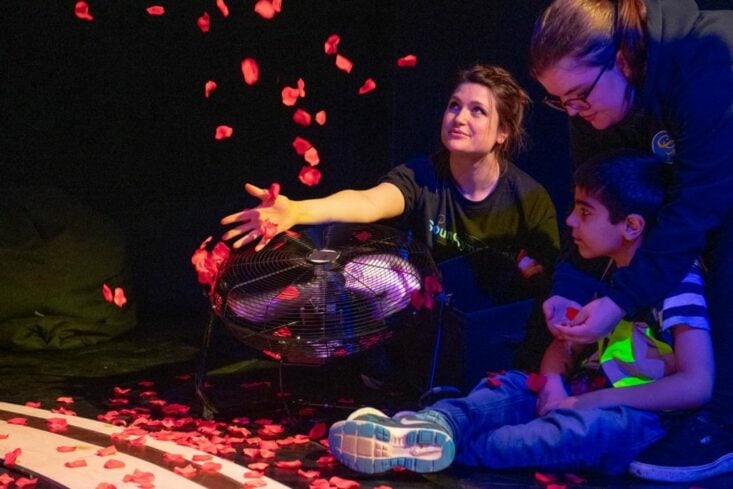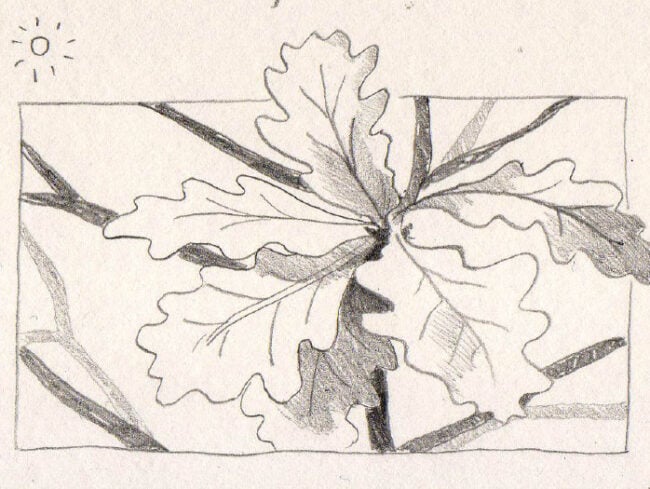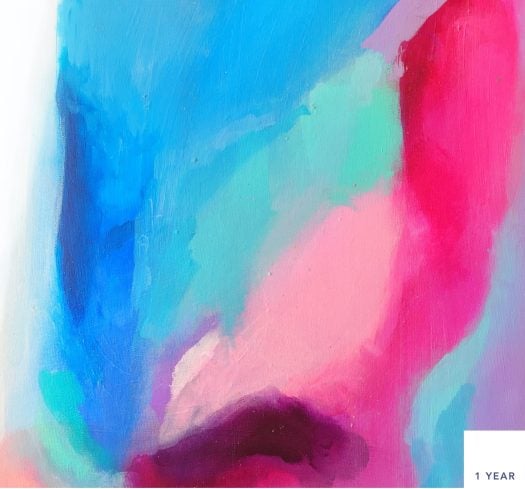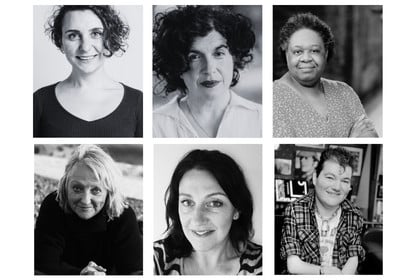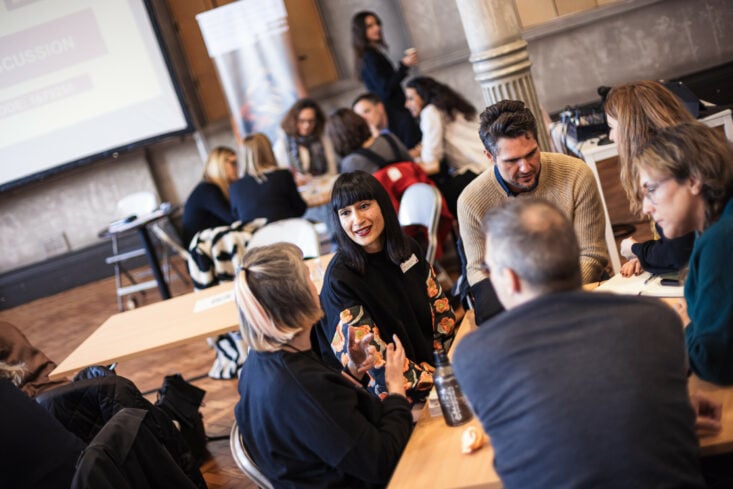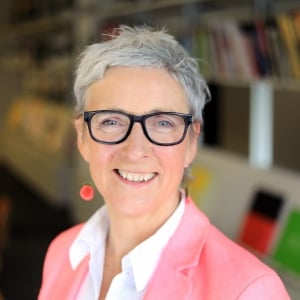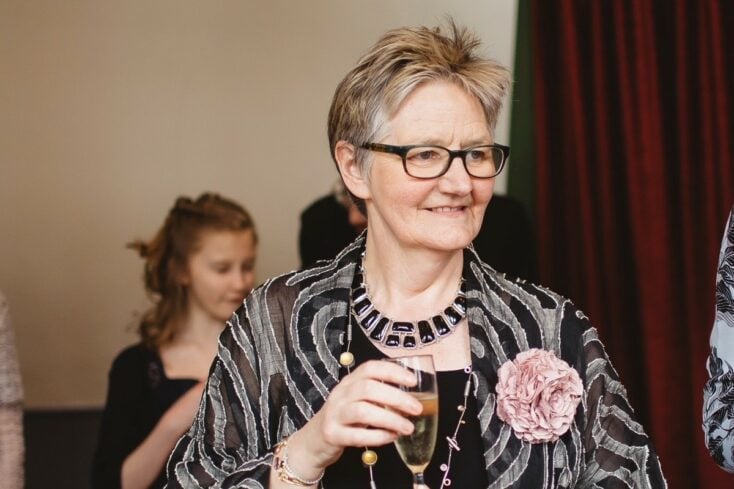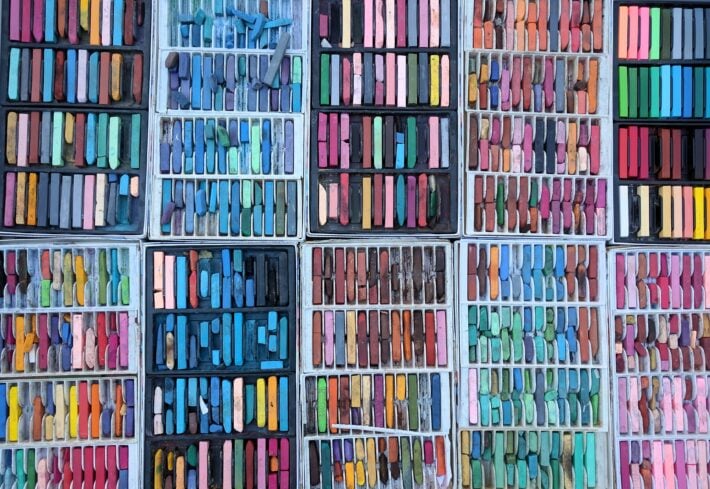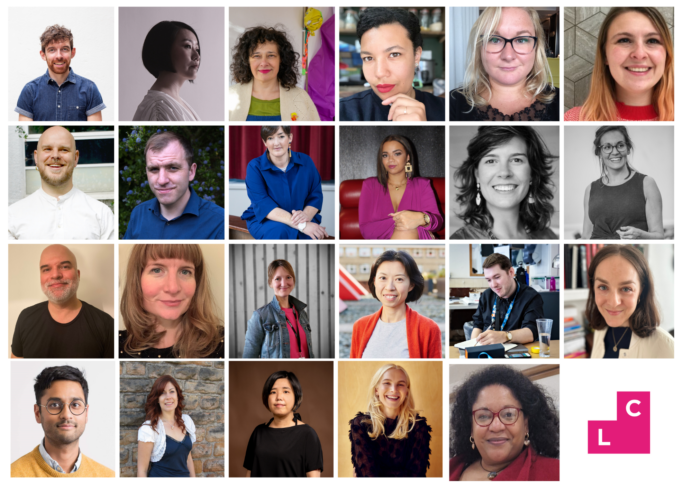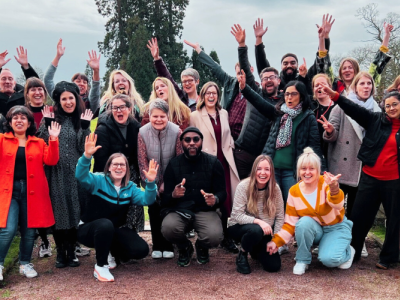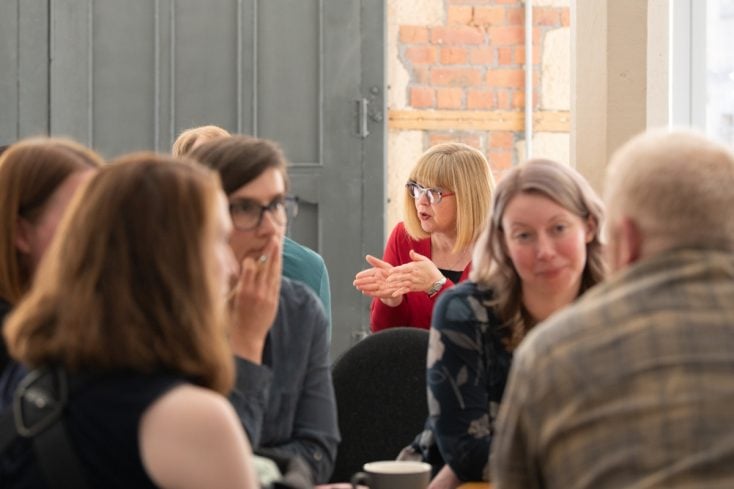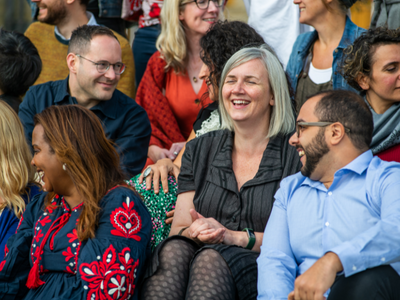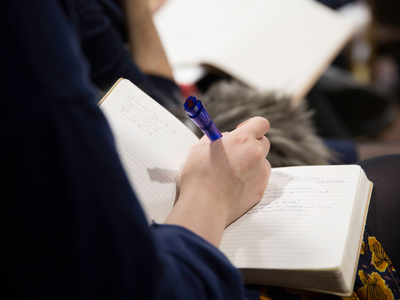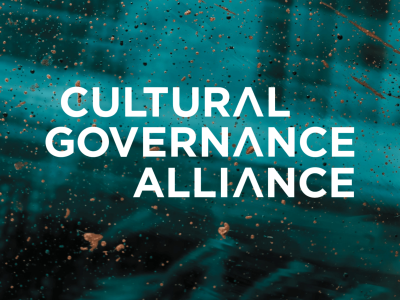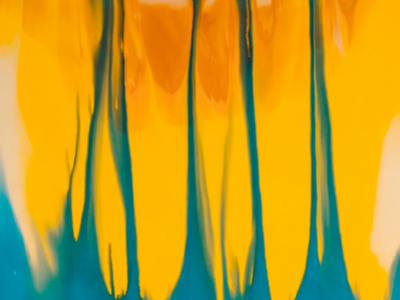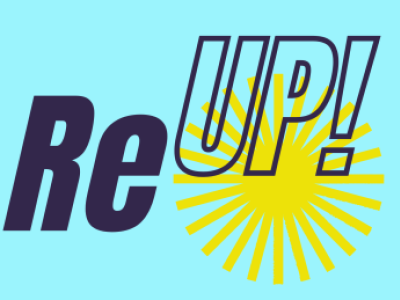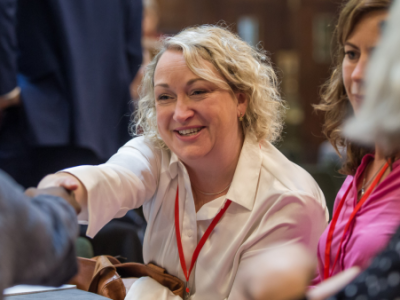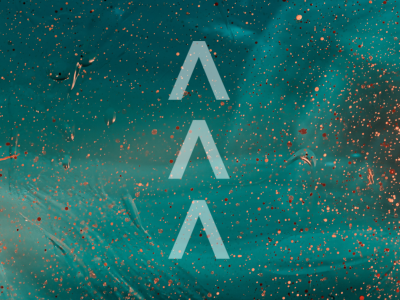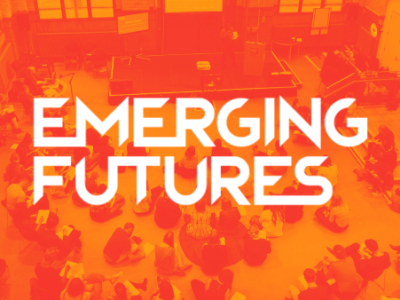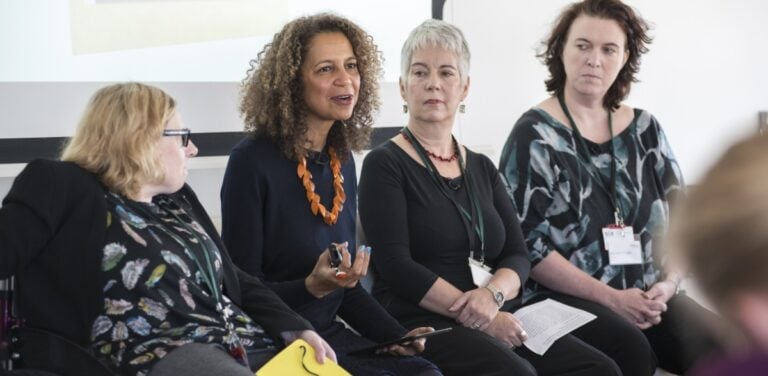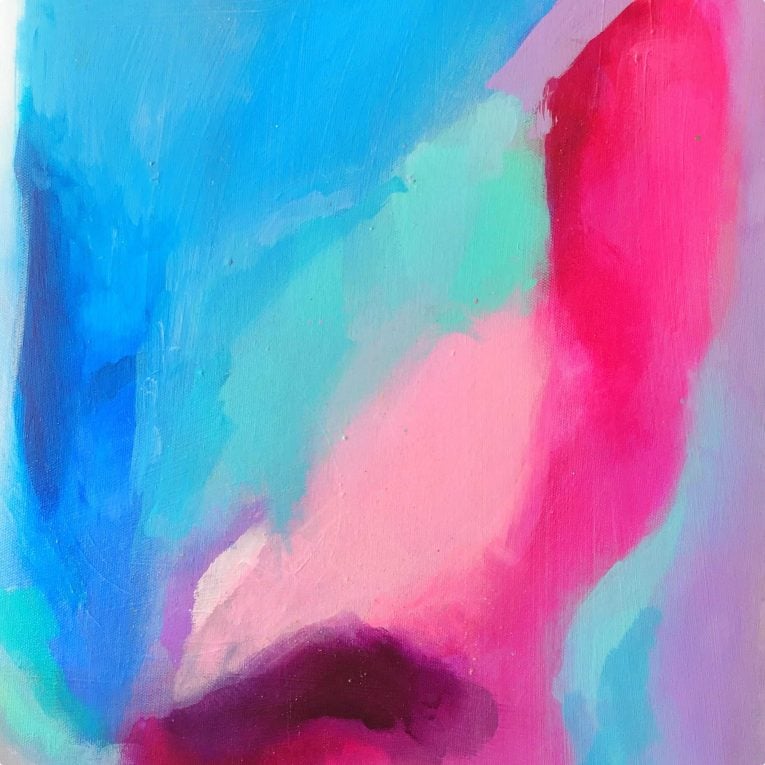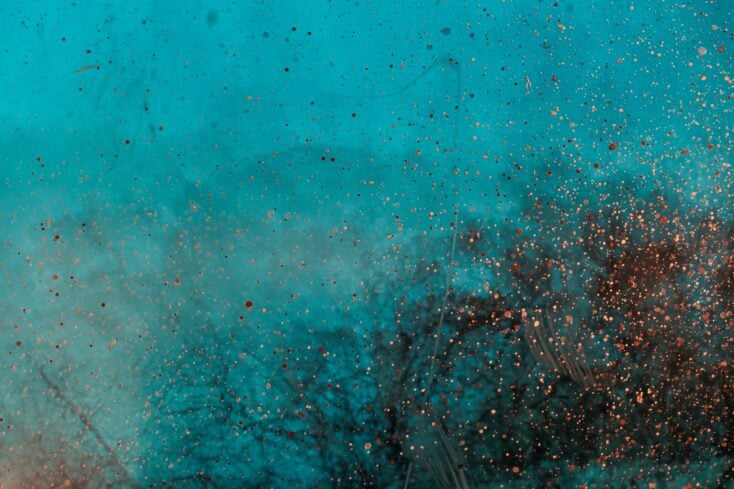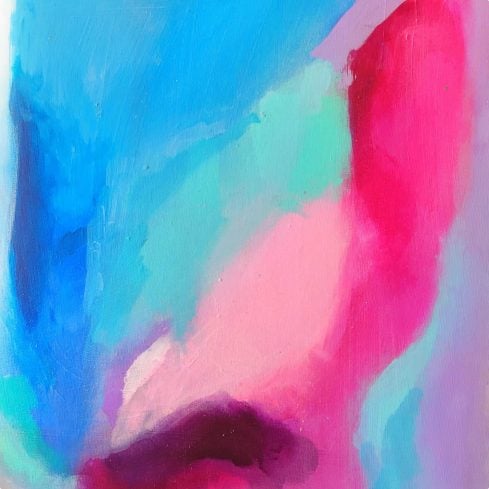Brilliance Map: Zak Mensah, Co-CEO Birmingham Museums Trust
The routes into leadership for Black, Asian and ethnically diverse leaders are diverse and unique. Subsequently so are the range of skills and perspectives. Often that specificity goes unmapped. This Brilliance Map series asks leaders across the country to map their routes and share their vision of our cultural futures.
Former Head of Transformation for Culture & Creative Industries at Bristol City Council, Zak Mensah is now joint CEO at Birmingham Museum Trust. Part of his mission is to see the Trust becoming a cultural business and embedding digital and emerging practise throughout the service.
Where did your career start and what were the key turning points that impacted its development?
Within a week of my 16th birthday, I started my first job at Burger King in Bristol. I learned real customer service and was shown how a business operates. I’ve taken that with me ever since. Throughout University I had summer jobs, which gave me great insight into various roles, people, and businesses. In my sandwich year I was the “IT guy” at a secondary school and found that I liked helping people to use technology. This was the “aha!” moment. Like many, I had a stint on job seekers and learned that having a degree was a bit like “so what?” for many employers. I noticed in all my temping that if you solve your bosses problems, they’ll give you more responsibility – and work. I freelanced, which led to a staff development role, then to digital to transformation before landing my current co-CEO position.
What extra knowledge or insights do you feel you bring to the table as a leader of colour?
My lived experience as a mixed-race person is different from the mainstream worker in the culture and creative industries sector. To me, this helps the organisation better understand what some of the structural challenges are and to always consider the underdogs, rather than saying “we don’t know what the [other] think.” Diversity of upbringing and cultures should lead to more inclusive practice.
What two or three innate strengths do you find yourself most drawing on in your day- to-day work?
Being curious. With curiosity you can really dig deep into a problem, involve others and end up with better opportunities.
I like getting things done and moving past ideas, motion, or inaction to action and delivery. Only things that are shipped are done.
I can forgo short term success to focus on the long-term mission. It’s so easy to be distracted by the urgent instead of the important, but to date I’ve been able to hold onto the ability to remember that nothing worth doing comes quick or easy.
How would you define the culture you hope to create and how do you go about creating it?
I want us to have a culture of abundance that is grounded in personal responsibility, shared power and being open. I want people to feel confident in saying “I don’t know the answer but I’ll find out”. To create this I need to show and prove myself. I need to be consistent and lead the way by putting in place the conditions that will make others want to choose to follow and become leaders themselves.
Are there other specific types of external resources that you draw on for your work?
I’m always curious about how others do things, so I use a global network of peers to lean on. I’ve been listening to podcasts for 15 years and I usually have one on in the background.
When I’m out and about I use the time as an opportunity to glean more from others. For example, I particularly love small family businesses that have been going for years. I’ll turn my reason for visiting into a 15-minute Q&A so I can learn from those who may have walked a path ahead of me.
What do you hope culture in Britain will look and feel like in 20 years’ time?
I hope that the new ways of working, such as collaboration, have led to genuine improvements for individuals and culture in Britain. In many ways our society hasn’t changed much from the industrial revolution and I’d love to see what some of the amazing things discovered in the past 50 years can do at scale. I want a truly diverse culture that people choose because they see the value. I don’t want the current baseline to the same. I hope we can level up.
Themes Inclusive Leadership Practice Qualities of Leadership
